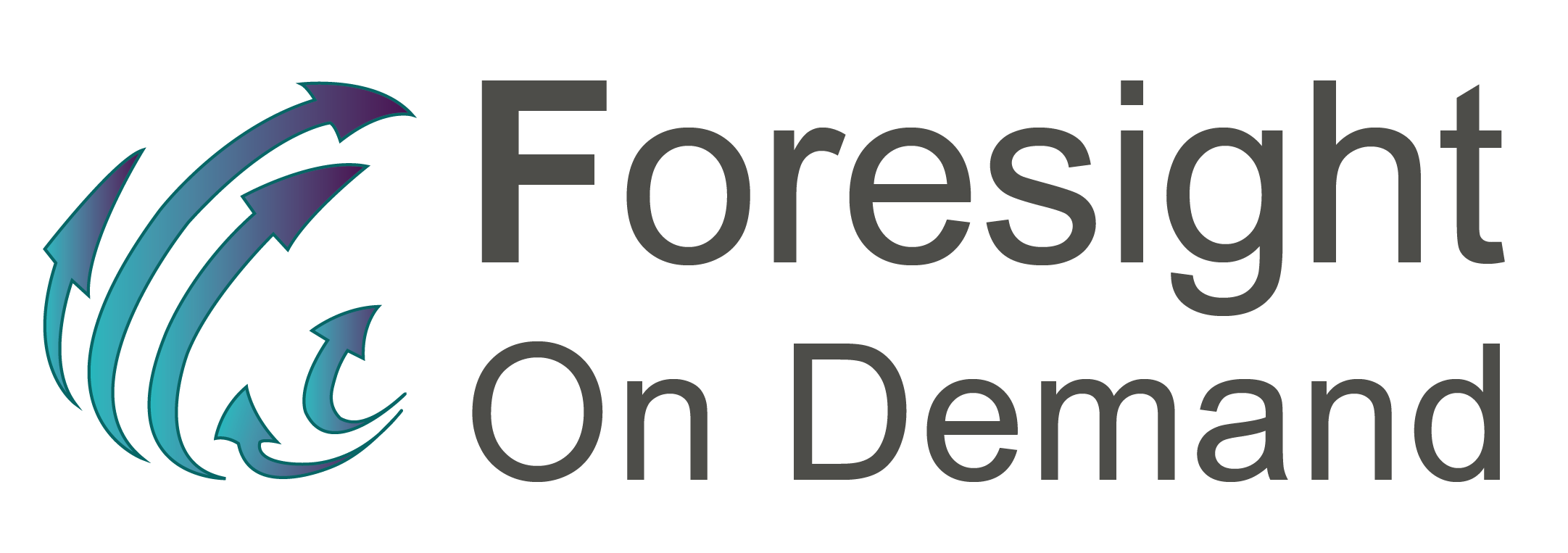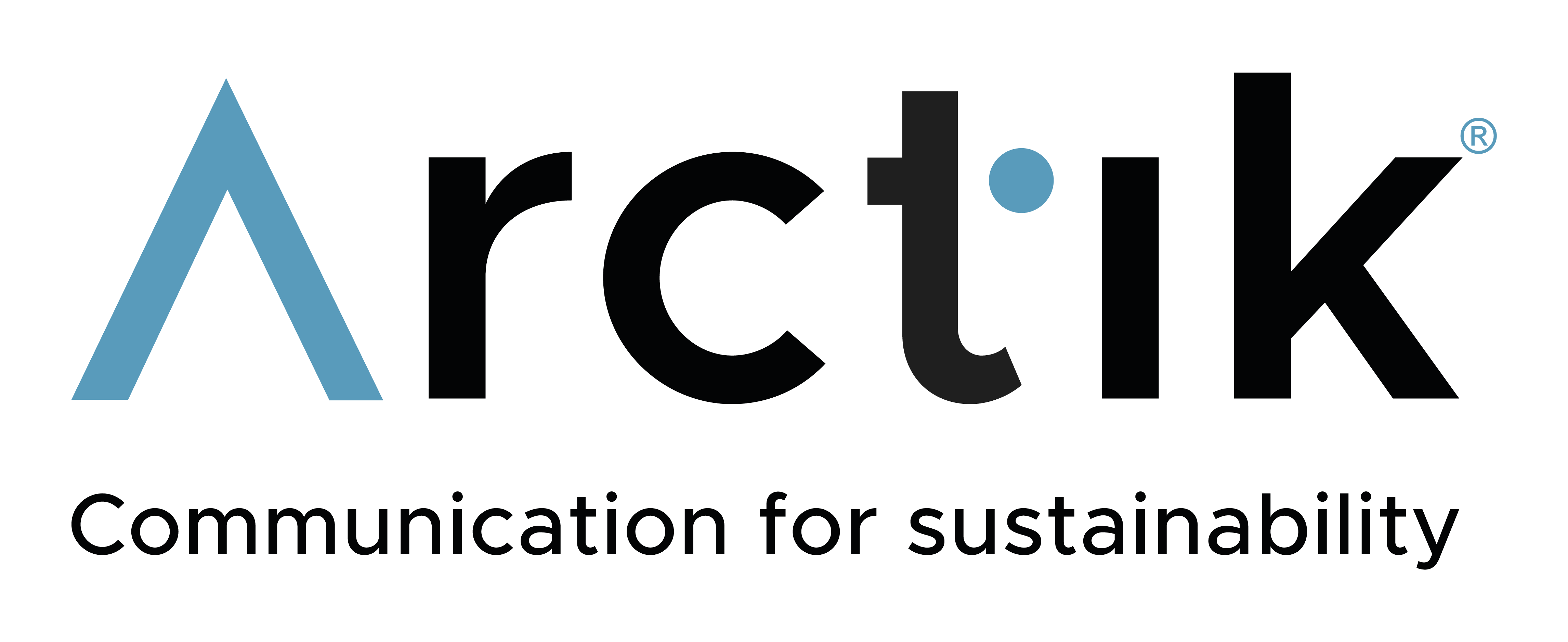Charting Europe’s R&I Futures Pathways: Responsive Foresight for EU Policymaking in Uncertain Times
Foresight on Demand (FOD) addresses the growing need for quicker and more responsive foresight to inform policymaking in an increasingly turbulent environment. It complements strategic foresight by:
-) Raising and anticipating awareness of future developments, disruptive events, emerging technologies, and their potential broader socio-economic impacts.
-) Stimulating individuals, networks, and organizations to explore novel terrain, trigger “out-of-box” scenario development and foster innovative long-term thinking.
-) Supporting the preparedness and adaptability of long-term policy initiatives from a forward-looking perspective
Background
Already in 2016, the need for a rapid response foresight facility was identified by the SFRI expert group (Strategic Foresight for R&I Policy in Horizon 2020). They emphasized the importance of integrating foresight into European policymaking and complementing long-term strategic foresight with a rapid response mechanism. This would equip the European Commission with the necessary intelligence to swiftly address unexpected developments. In the context of R&I policy, greater flexibility in using foresight is essential to support various policy initiatives, from framework programmes to European partnerships. Higher and longer-term R&I ambitions, such as those in the context of missions, may require revisiting agendas, priorities, and plans in light of new scientific discoveries and socio-economic or geopolitical developments.
Building on the expertise and competence developed during FOD1 (2019-2023), FOD2 (2024-2028) will significantly expand the previous initiative, offering a more comprehensive and adaptable approach to address a broader range of challenges and opportunities.
Client Authorities
The demand for Foresight on Demand affects various European Commission services and other European institutions and agencies involved in policymaking at EU level. Foresight is increasingly important for implementing R&I policies, as large-scale initiatives and ambitious long-term projects require more than traditional strategic planning. They profit from a long-term view on emerging research opportunities and innovation needs. Joint Technology Initiatives and other European partnerships, which pursue long-term agendas, can build on foresight knowledge to anticipate and respond to emerging scientific, technological and socio-economic developments.
Several client authorities, including the European Commission (lead), EEA, ERCEA, FRA, ETF, EUROFUND, EFSA, EMCDDA, ECDC, EISMEA, EASA, OSHA, Global Health EDCTP3, and the Joint Undertakings EU-RAIL and CBE JU, have entered a single framework contract (FWC) for Foresight on Demand. While foresight processes are increasingly integrated into policymaking, the timing requirements for foresight intelligence and sense-making (e.g. signals of change in society, economy, science, and technology) often necessitate a quicker response than what usual foresight activities can provide. THE FOD framework provides the setting and conditions for this rapid foresight response mechanism.
FOD Consortium
The FOD consortium comprises fifteen core partners and five specialised partners, totalling twenty research and technology organisations experienced in foresight. Fourteen of the core partners were also involved in the first period of FOD (2019-2023), while seven new partners joined for the current FOD2 period (2024-2028). The new partners include 4CF The Foresight Company, DLR, TIS, EUNOMIA, RAND Europe, VTT, and Prognos, with 4CF and RAND Europe joining as core partners. The incumbent core partners are Arctik, Fraunhofer ISI, FFRC, IDEA Consult, Insight Foresight Institute, ISINNOVA, Institutul de Prospectiva, Technopolis, 4strat, Technology Centre Prague, Visionary Analytics, and ZSI Center for Social Innovation. The consortium is led by AIT Austrian Institute of Technology.
Objectives
The framework contract is the basis for the Foresight on Demand (FOD) mechanism and aims at providing quick forward-looking inputs to policymaking by leveraging the best available foresight knowledge. FOD operates on a much shorter timescale complementarily to longer-term foresight activities but relies on extensive ongoing and accomplished foresight work. Access to a wide range of foresight sources and expertise is crucial for fulfilling FOD functions.
Policymakers increasingly face sudden and often surprising events that can quickly escalate secondary policy issues into disruptive ones requiring fast and effective responses. FOD foresight knowledge must be timely and efficient to support decisions related to urgent crises, emerging risks, and opportunities for addressing ongoing policy challenges. FOD aims to offer the broad range of client authorities timely and effective support in uncertain times, and provide forward-looking insights for policy design, planning, and implementation.
Foresight benefits policymaking in various ways, including for example by scanning the horizon for emerging developments and weak signals or by developing scenarios of alternative futures to better understand and to be better prepared for disruptive futures. The FOD service steps in where foresight activities have already been initiated or where there is a need to strengthen foresight capabilities, providing targeted foresight services that respond to emerging demands and potentially relevant developments.













